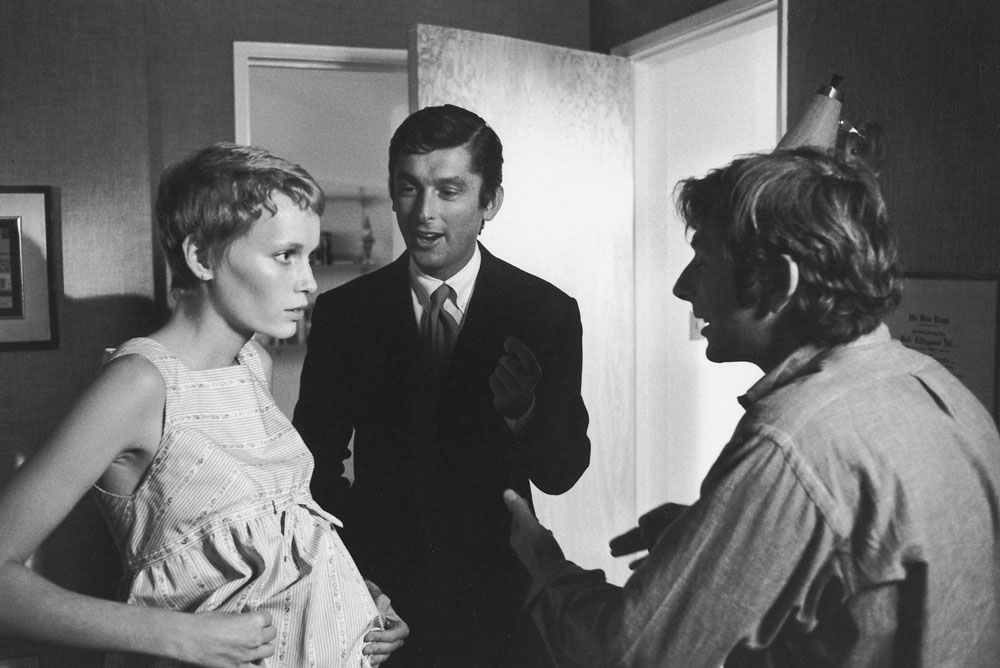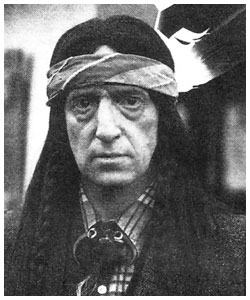
Robert Evans’ second memoir, The Fat Lady Sang, featuring his customary blend of hard-boiled talk and Hollywoodisms, is excerpted in the Telegraph. The passage has to do with his relationship with Frank Sinatra, which went to pot over Mia Farrow’s decision to star in Rosemary’s Baby. The opening:
“‘Kid, you remind me of me. Been watching you close. They tell me you’re comin’ off great. Been around long enough to have a nose who’s going to make it and who ain’t. You got a shot at going all the way. Take some advice from a guy who’s never learnt. When it comes to those hangers-on, though, take my advice: have your radar on high.’ The words were coming straight from the mouth of the King, Frank Sinatra by name, having a mano-a-mano powwow at Chasen’s, his favourite restaurant in town.
It was spring of ’59. He was a megastar playing the lead role in the filmization of the Broadway musical Can-Can.
Me? A punk starlet, playing my first starring role in The Hell-Bent Kid, a western remake of Kiss of Death. Screen-tested and plucked it away from many. Can-Can and The Kid − hell-bent, that is − were shooting on adjoining soundstages at 20th Century Fox.
The laugh being that it was he who sought me out, and with purpose, not by mistake.
He was wondering, how does a punk kid not yet hitting the quarter-century mark end up in the biblical sense with the two great loves of his life?
Adding insult to injury, the Chairman’s spies told him I’d been seeing both of them at the same time. Their names? Ava Gardner and Lana Turner.”




